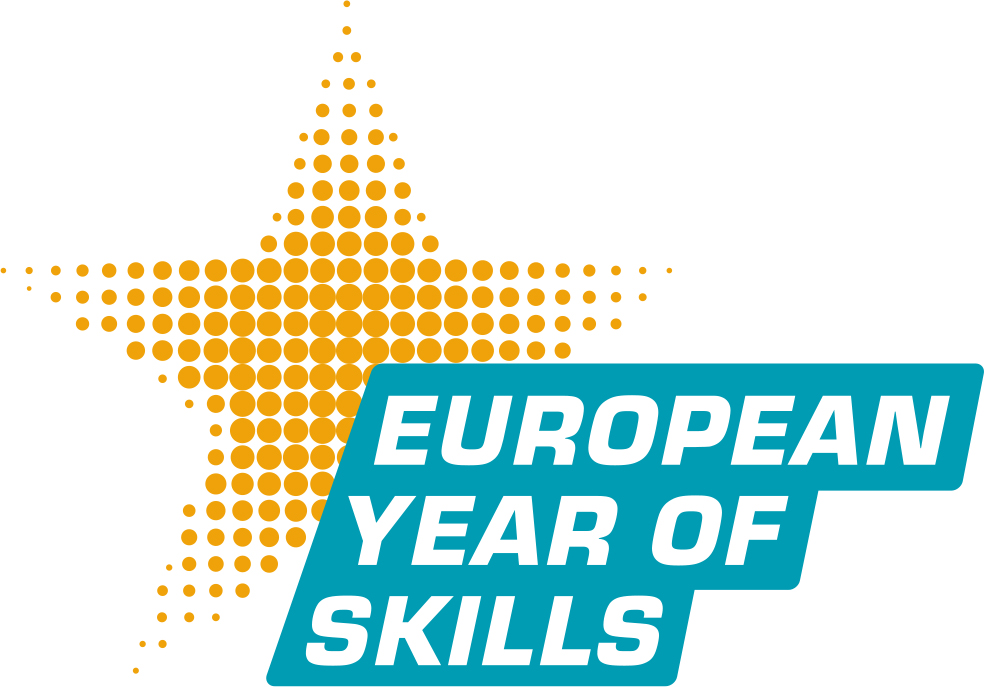20 September, 2023
The European Year dedicated to skills runs from 9 May 2023 to 8 May 2024
As we approach the conclusion of the first quarter of the European Year Dedicated to Skills, organisations have a unique opportunity to reflect on their investments in workforce development and chart a course for the future. This year, marked as a celebration of skills development, has and will highlight the pivotal role of upskilling and reskilling in navigating today’s rapidly evolving business landscape. Here, we will explore the significance of upskilling in this context and provide actionable insights for organisations looking to continue their commitment to skill development.
The Legacy of the Year Dedicated to Skills
The European Year of Skills has underscored the critical importance of skills development in achieving sustainable economic growth, fostering innovation, and ensuring social inclusion. As we come closer to the end of the first quarter of this dedicated year, the lessons learned and progress made, so far, in upskilling must serve as a foundation for ongoing growth and adaptation.
On the 7 September, the Malta Skills Council organised a one day conference which brought together key stakeholders to discuss skills development in Malta. It also served as a platform for sharing knowledge, exchanging ideas, and fostering collaboration on present and future skill sets which the workforce needs
Why Upskilling Remains Crucial
1. Adaptability in a Dynamic World: The pace of technological change shows no signs of slowing down. Employees must continue upskilling to stay adaptable in a world where digital transformation is the norm.
2. Sustaining Workforce Resilience: Skills development is an ongoing process, vital for maintaining a resilient workforce capable of tackling evolving job roles and industry shifts.
3. Fostering Employee Engagement: Commitment to employee growth boosts engagement, job satisfaction, and retention. Recognizing and rewarding learning efforts remain essential beyond the dedicated year.
4. Driving Productivity and Innovation: A skilled workforce is more innovative and productive. Investing in continuous learning leads to creative problem-solving and improved business outcomes.
Sustaining the Commitment to Upskilling
As we transition through the Year Dedicated to Skills, organisations can take these steps to maintain their commitment to upskilling:
1. Assess and Adapt: Regularly evaluate your organisation’s skill needs and adapt training programs accordingly. Keep an eye on emerging skills required in your industry.
2. Diverse Learning Opportunities: Continue offering diverse learning avenues, from online courses to mentorship programs. Encourage self-driven learning and development.
3. Personalised Development Plans: Tailor learning paths to individual employee needs and career aspirations. Personalised plans increase the effectiveness of upskilling.
4. Cultivate a Learning Culture: Sustain a culture that values learning and knowledge sharing. Encourage employees to share skills and expertise within your organisation.
5. Measure Progress: Implement metrics to gauge the impact of upskilling initiatives. Regularly assess the application of newly acquired skills in everyday tasks.
Organisations have the opportunity to transition into a future where skills development remains at the forefront of their strategies. The dedicated year should serve as a testament to the enduring importance of upskilling in an ever-evolving world. By embracing the lessons learned and continuing their commitment to workforce development, businesses can navigate change, foster innovation, and drive success in the years ahead.


